Scientists have discovered that deep-sea mining plumes can strip vital nutrition from the ocean's twilight zone, replacing natural food with nutrient-poor sediment. The resulting "junk food effect" could starve life across entire marine ecosystems, according to a new study published on November 6 in Nature Communications.
Researchers from the University of Hawai'i at Mānoa found that sediment discharged during deep-sea mining operations in the Pacific Ocean's Clarion-Clipperton Zone (CCZ) can alter the delicate balance of nutrients in the area. The CCZ is one of the most biologically rich regions of the deep sea, with an estimated 10 million metric tons of polymetallic nodules, which are rich in copper, nickel, and other valuable metals. However, the growing interest in mining these nodules has raised concerns about the potential impact on the ecosystem.
"We were surprised to find that the sediment we collected from the mining plumes was so depleted of nutrients," said Dr. Maria Rodriguez, lead author of the study. "It's like a junk food effect, where the sediment is replacing the natural food sources that the organisms rely on for survival." According to Dr. Rodriguez, the sediment is not only lacking in essential nutrients but also contains high levels of heavy metals, which can be toxic to many marine species.
The CCZ is a vast, largely unexplored region of the ocean that stretches across over 4 million square kilometers. It is home to a diverse array of marine life, including giant tube worms, deep-sea fish, and other organisms that have adapted to the harsh conditions of the deep sea. However, the ecosystem is still poorly understood, and the impact of deep-sea mining on the area is a major concern.
"The ocean's twilight zone is one of the most mysterious and under-explored regions of the ocean," said Dr. John Taylor, a marine biologist at the University of California, Santa Barbara. "We're just beginning to understand the complexity of the ecosystem, and the potential impact of deep-sea mining on this region is a major concern."
The study's findings have significant implications for the growing deep-sea mining industry. The International Seabed Authority (ISA) has granted several companies permission to mine the CCZ, but the environmental impact of these operations is still unclear. The ISA has established a set of regulations to mitigate the impact of deep-sea mining, but many experts argue that these regulations are inadequate.
The study's authors are calling for further research into the impact of deep-sea mining on the CCZ ecosystem. "We need to better understand the dynamics of the ecosystem and the impact of mining on the area," said Dr. Rodriguez. "This will help us to develop more effective regulations and ensure that the industry is operating in a sustainable and responsible manner."
The University of Hawai'i at Mānoa is continuing to study the impact of deep-sea mining on the CCZ ecosystem. The researchers are working with the ISA and other organizations to develop more effective regulations and ensure that the industry is operating in a sustainable and responsible manner.
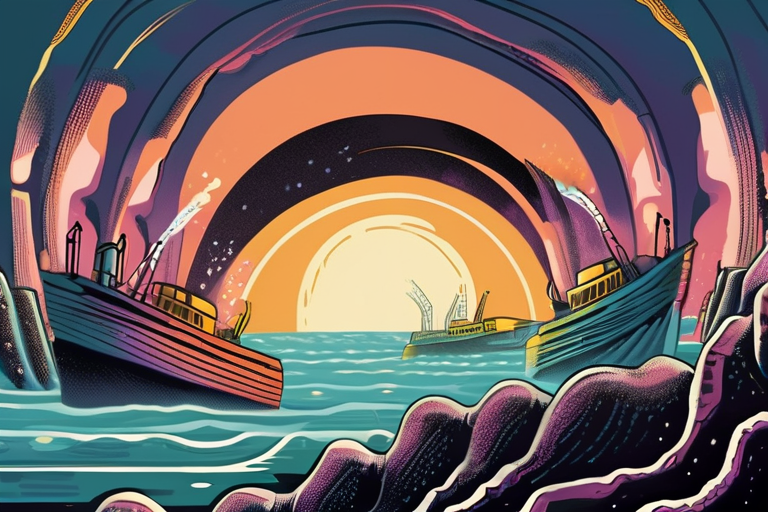


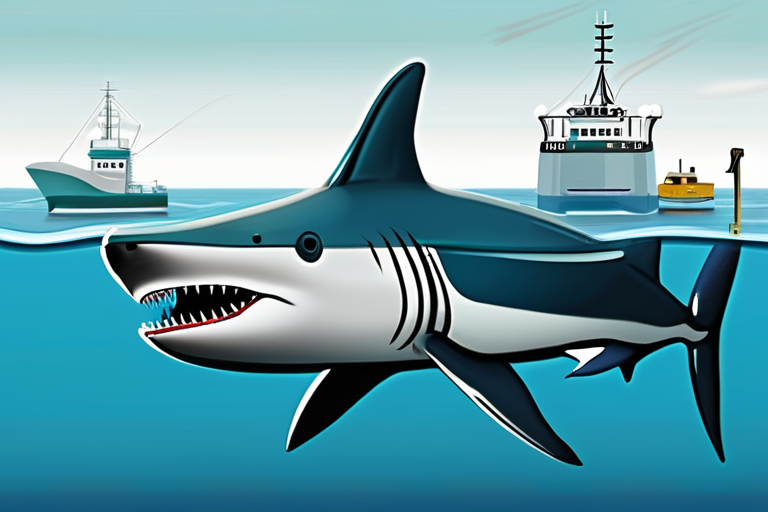
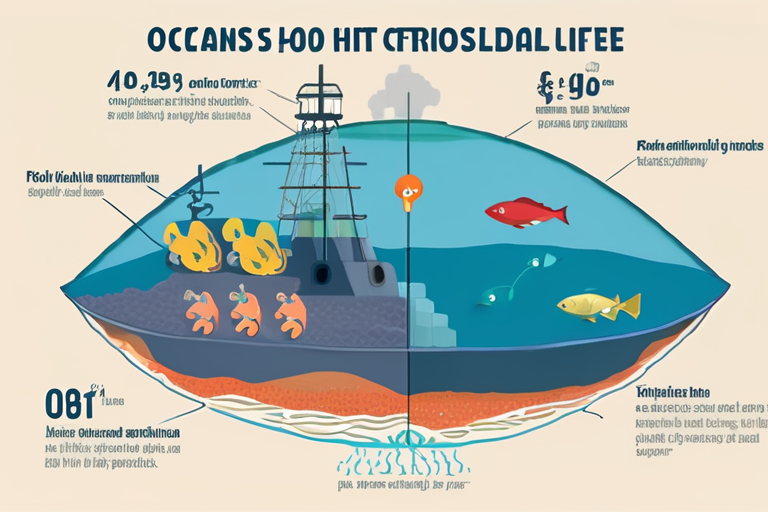


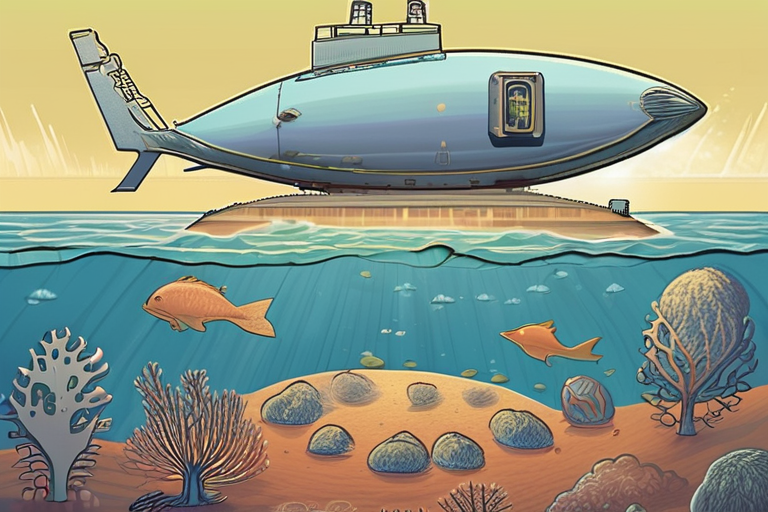
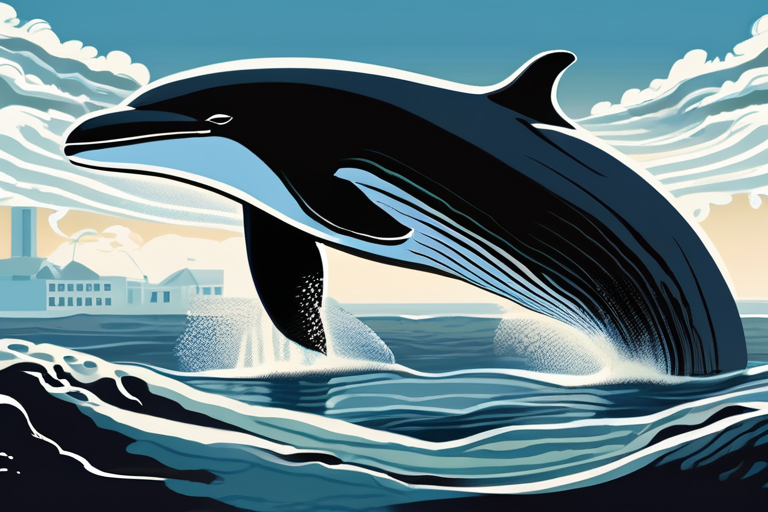



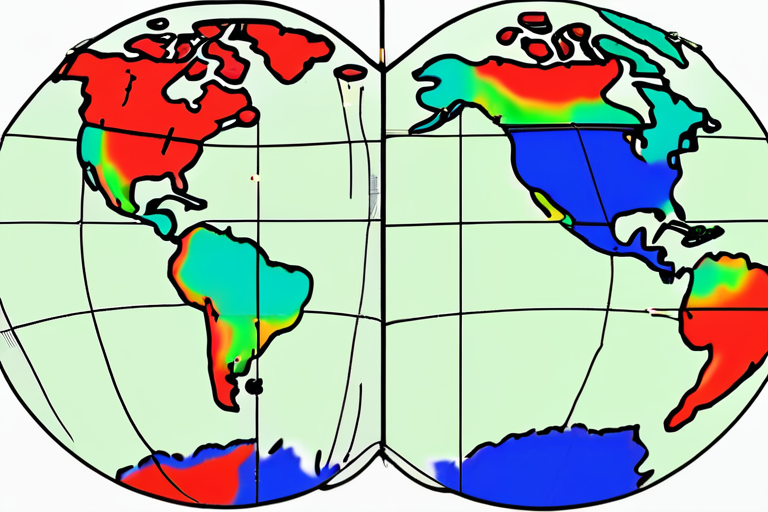
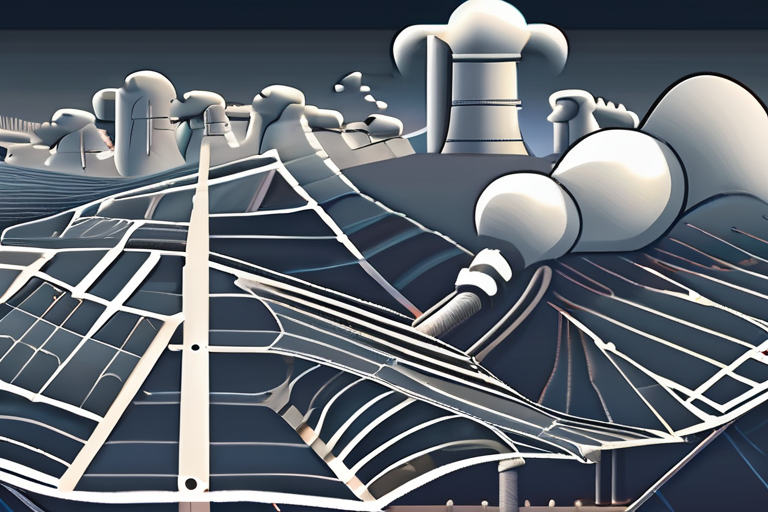
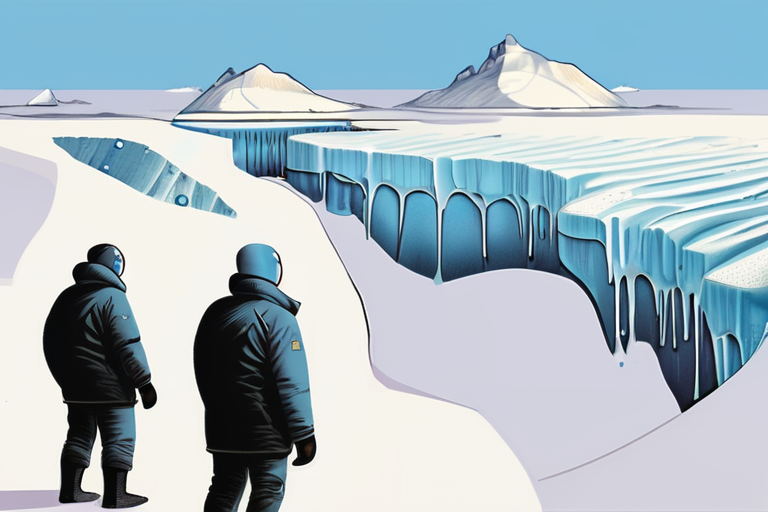
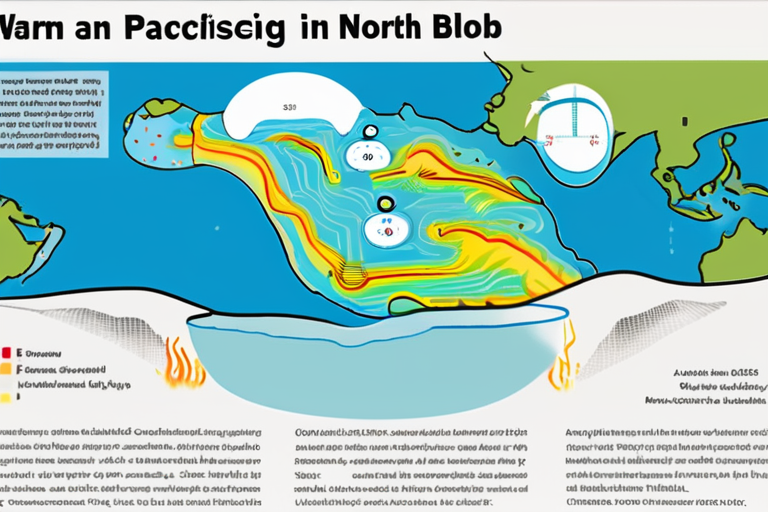

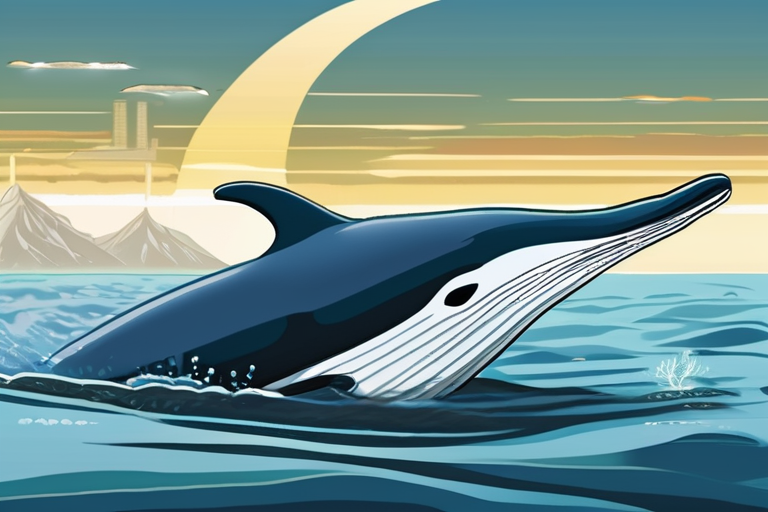
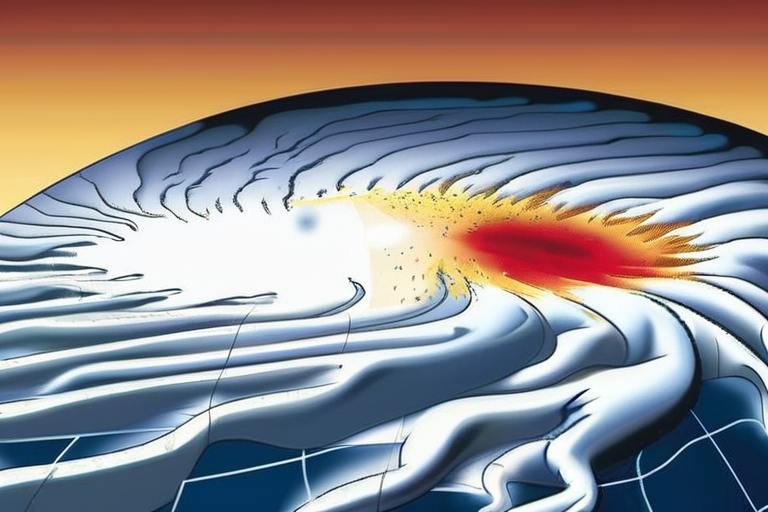
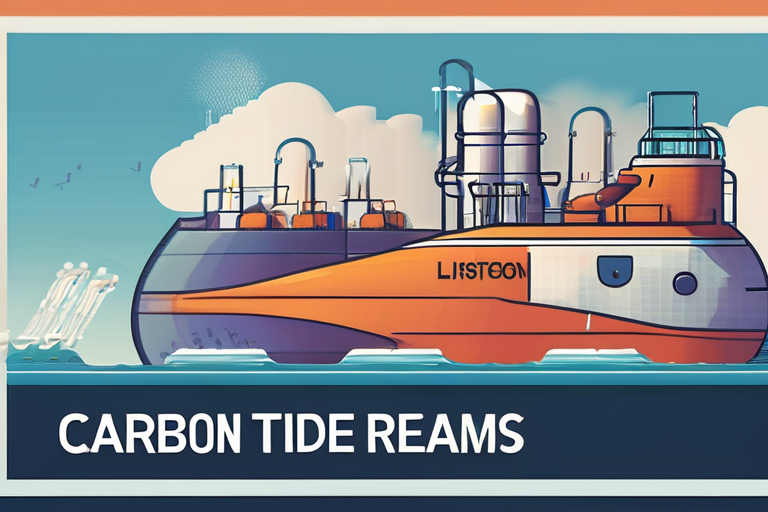
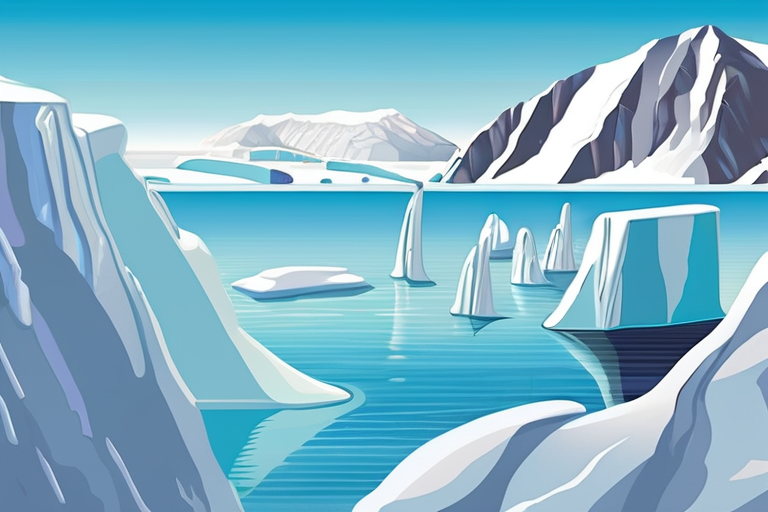

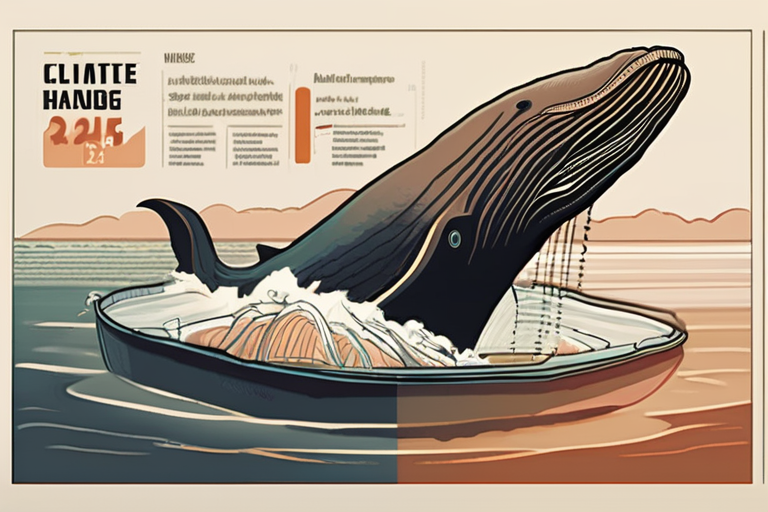
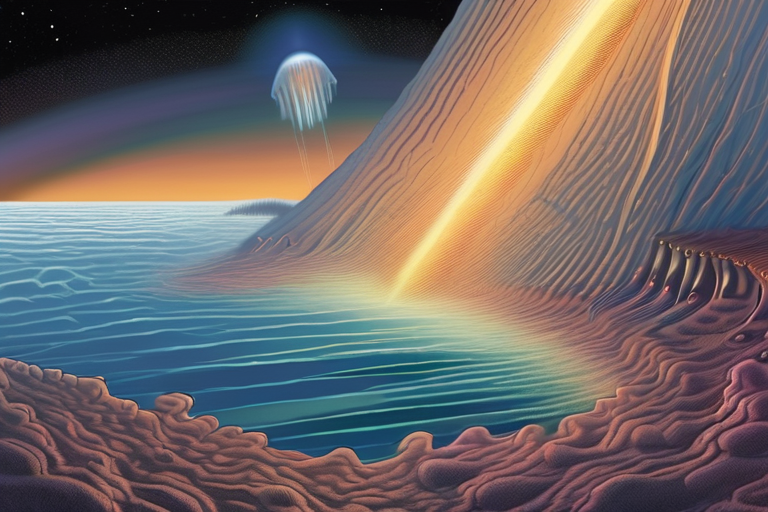
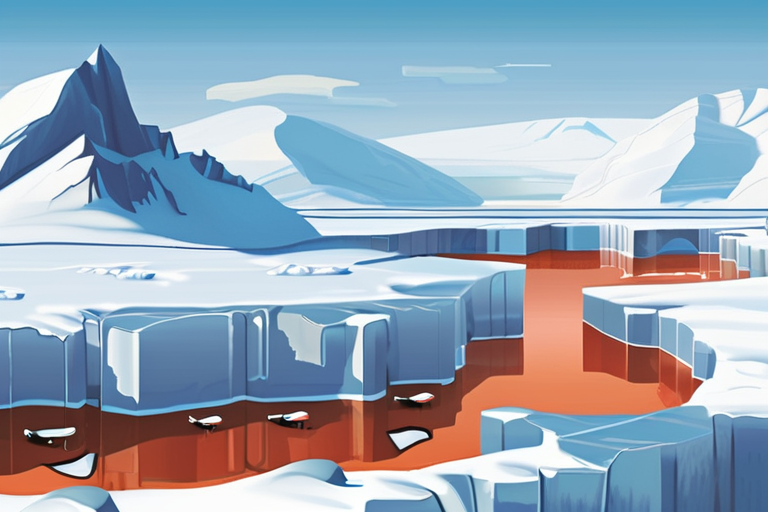
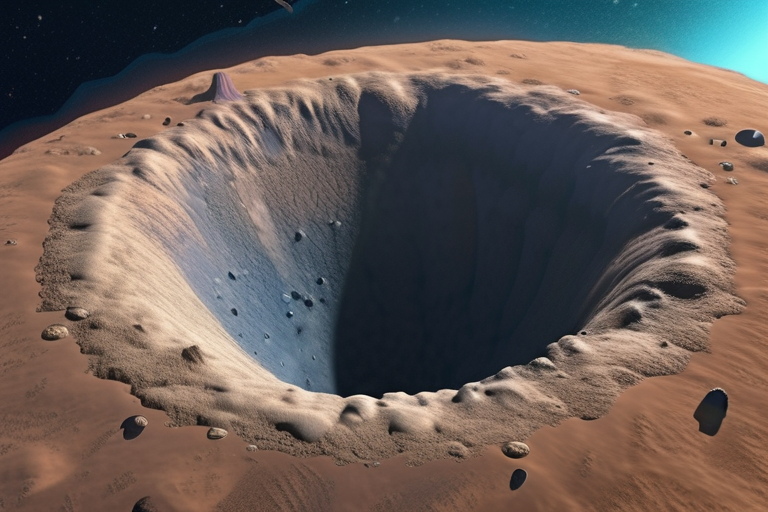
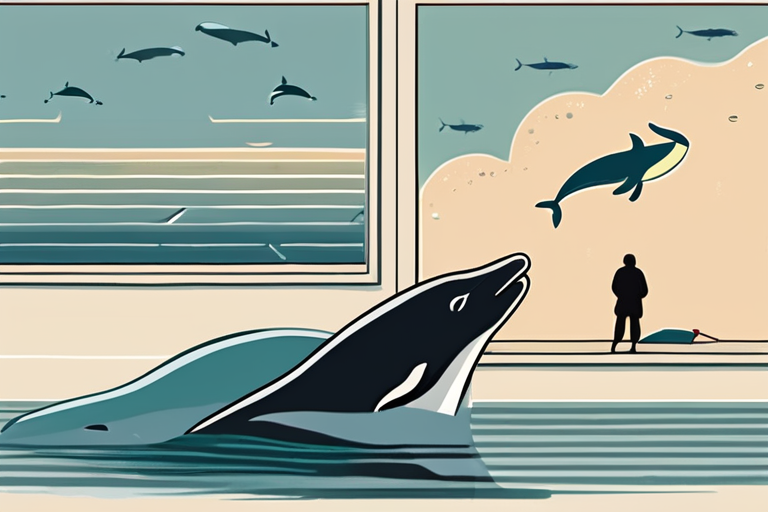
Share & Engage Share
Share this article